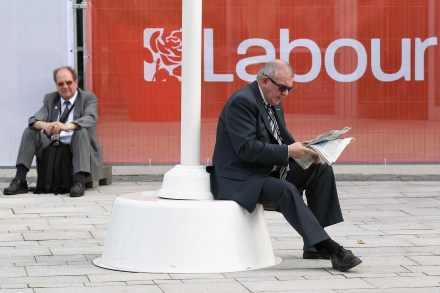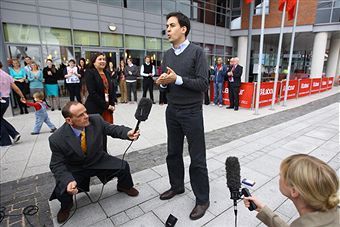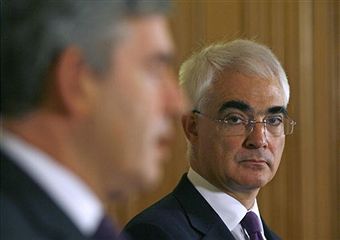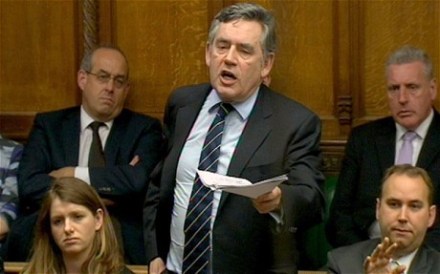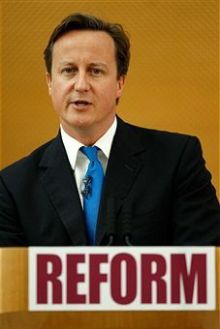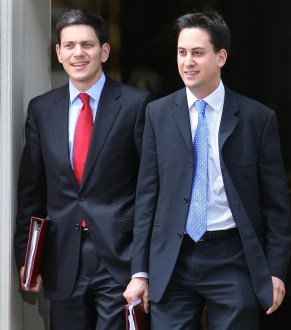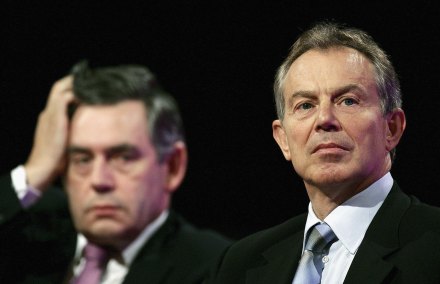Helping troubled families
Earlier today, the government, in the form of Eric Pickles, announced that it was launching new incentives to encourage local councils to improve the lives of 120,000 families, identified as ‘troubled families’ by the Social Exclusion Task Force in 2007. Those incentives are: A). £3,900 for each family whose children attain 85 per cent attendance at school. B). £4,000 for each adult in a troubled family who holds down a job for three months. The measures have been welcomed by the Local Government Association, which does not praise this government all that often. The cynic will say that the LGA is merely welcoming more money for its associates. While that it is







